Should I check for phone updates and when?
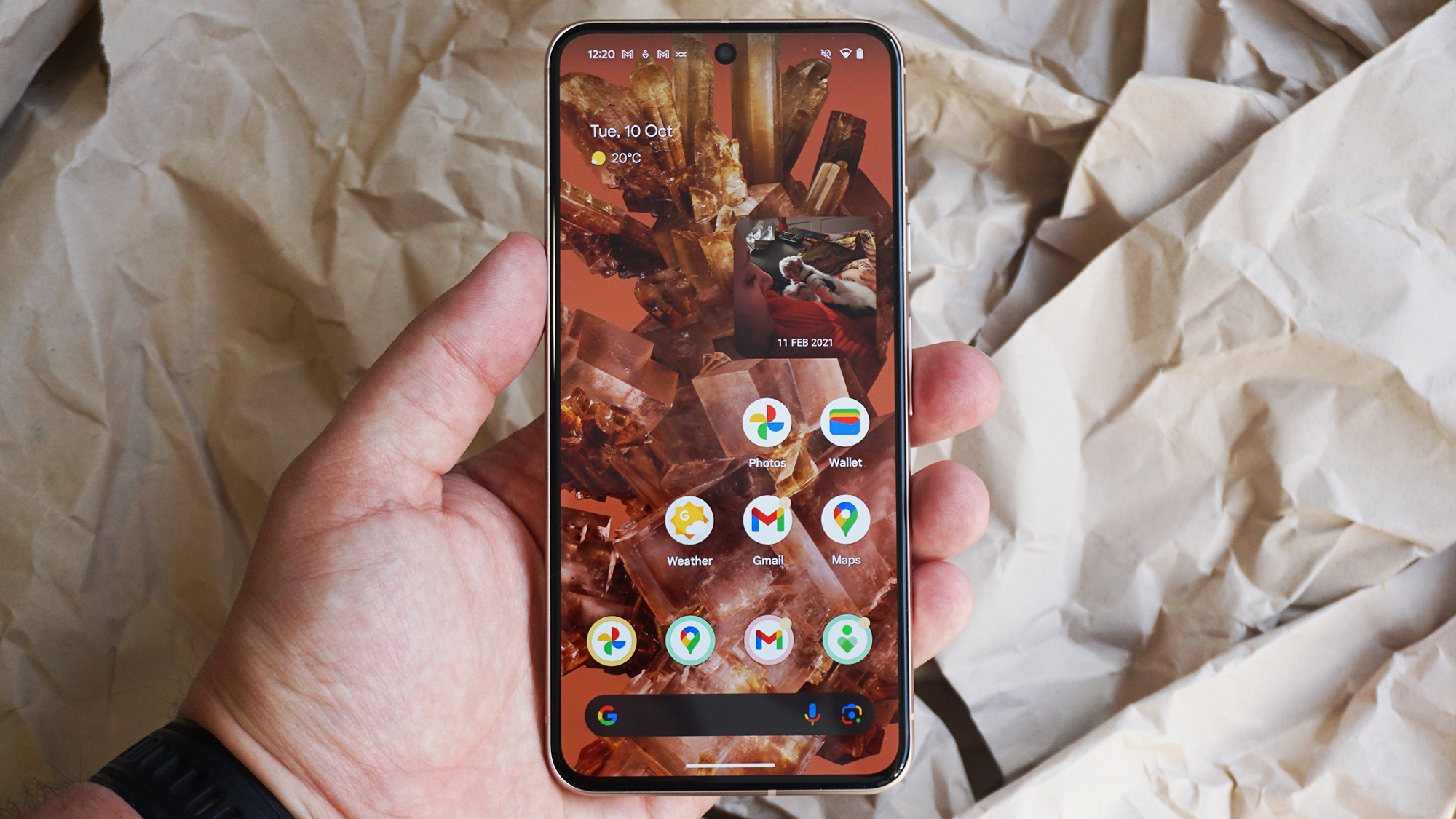
Smartphones are more than just their hardware – they’re also heavily reliant on the software they run, and in many cases they can change substantially over their lifetime, due to software updates.
So you’re probably familiar with updating the software on your phone, but what you might be wondering is whether there’s any need to specifically check for updates? And if so, when should you do so?
Below, we’ve answered those questions, as well as taking a look at why updates are so important, and how long you can expect your phone to be updated for.
Is there any need to check for phone updates?
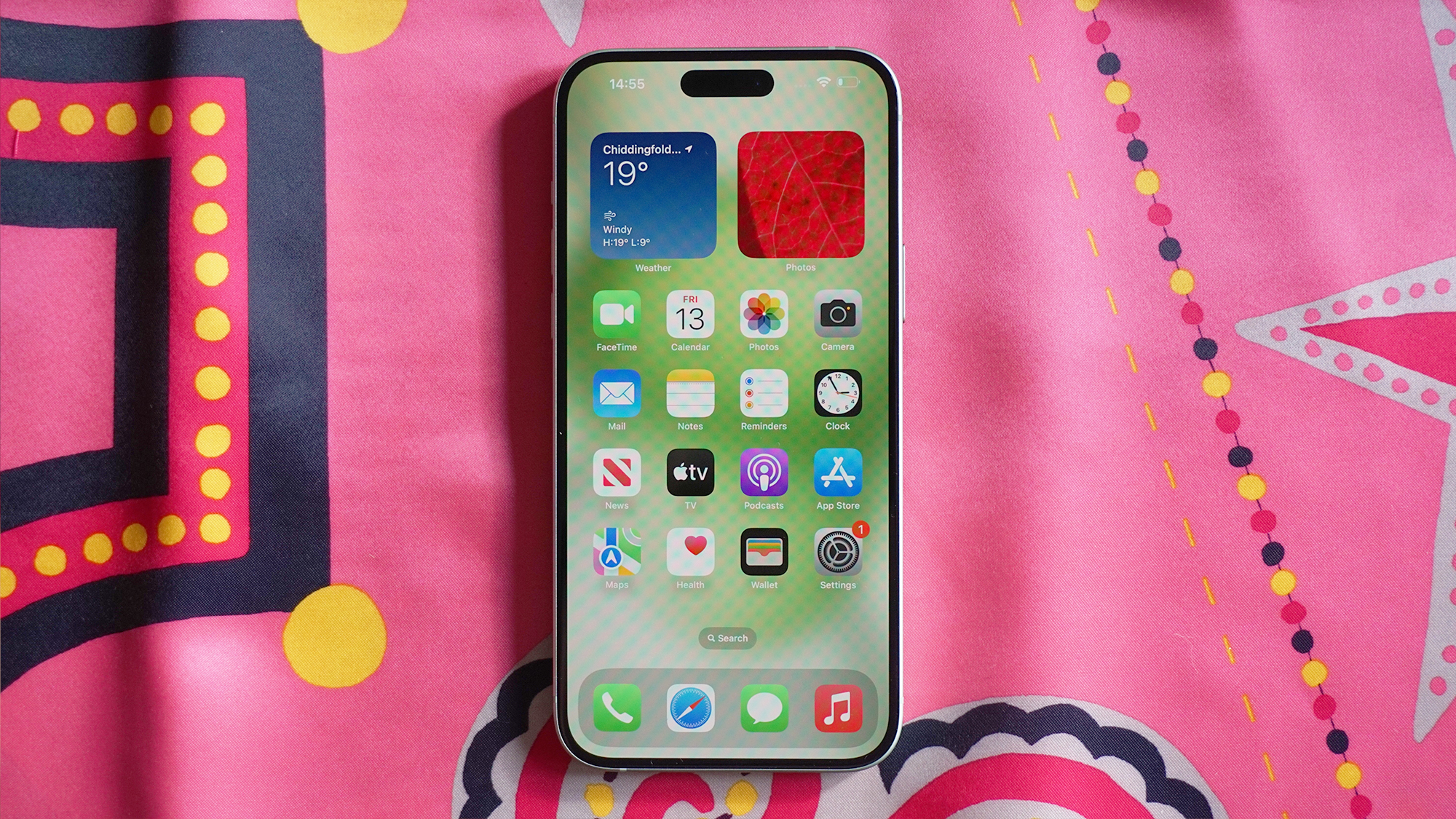
In most cases, you’ll be alerted when a software update is available for your phone, so in theory you don’t need to check for phone updates at all. However, you might still want to manually check, as this can sometimes get you the update sooner than it would otherwise be pushed to your phone, and also lets you ensure there are no updates available.
To manually check on an iPhone, you can head to Settings > General > Software Update. On Android, the process varies a bit depending on your brand of phone, but on most of the best Samsung phones for example you’d find any updates in Settings > Software update, and other brands will typically follow a similar process.
When or how often should I check for phone updates?
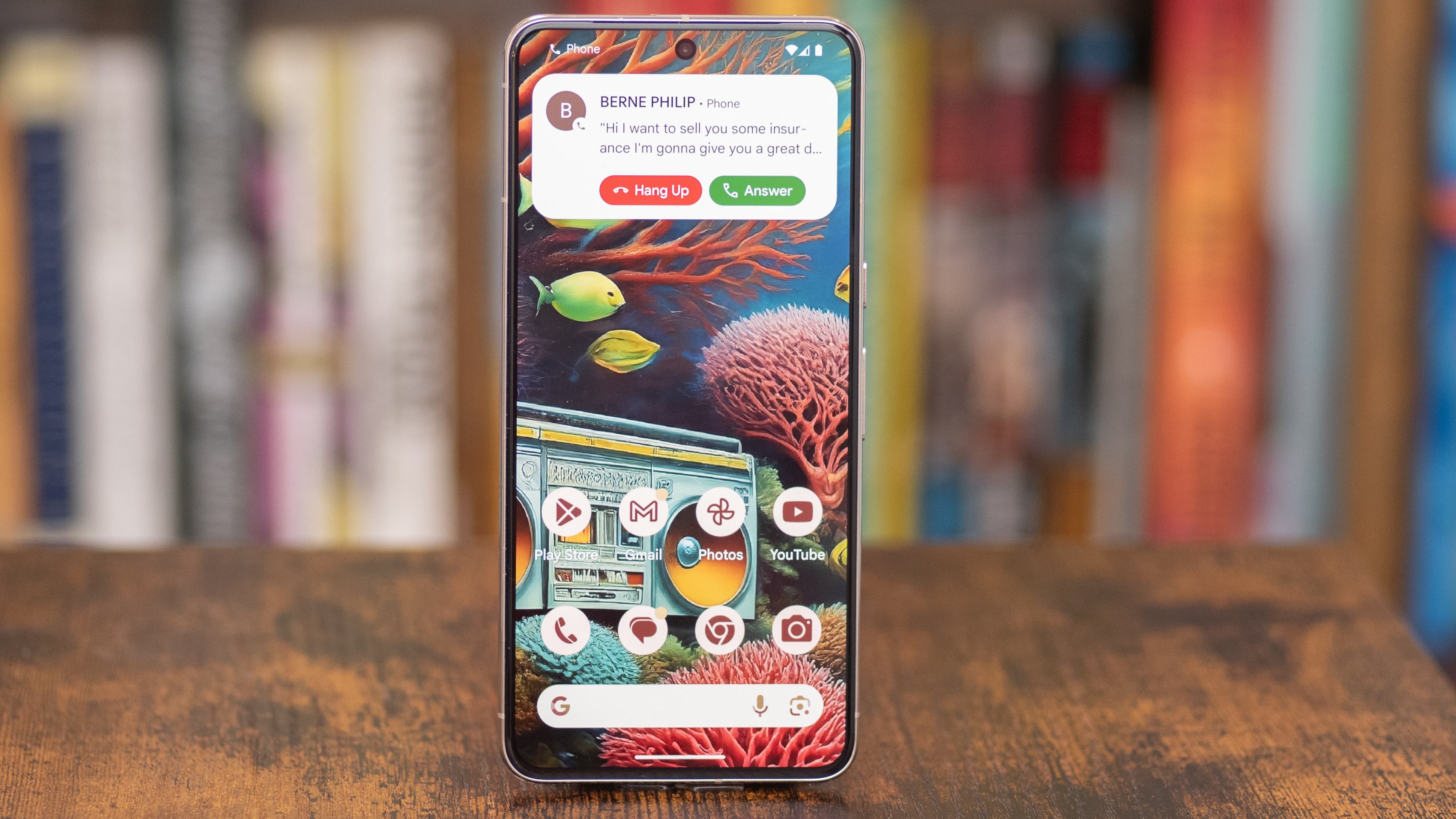
It can make sense to check for a software update when you know or suspect that a new version of the software is rolling out. This can often happen on a predictable timescale, with major iOS version updates usually landing around September, while new versions of Android tend to launch between August and October – though if you don’t have a Pixel then you might not get the latest Android versions on day one.
At a minimum, you should make sure you get these big yearly updates. But there will usually be lots of smaller updates throughout the year that can be worth downloading too, and these you could check for around once a month if you want to make sure your phone stays up to date.
Sign up for breaking news, reviews, opinion, top tech deals, and more.
It’s also worth checking for updates any time your phone experiences a bug, as there’s a good chance a software update will fix it.
Are phone updates important?
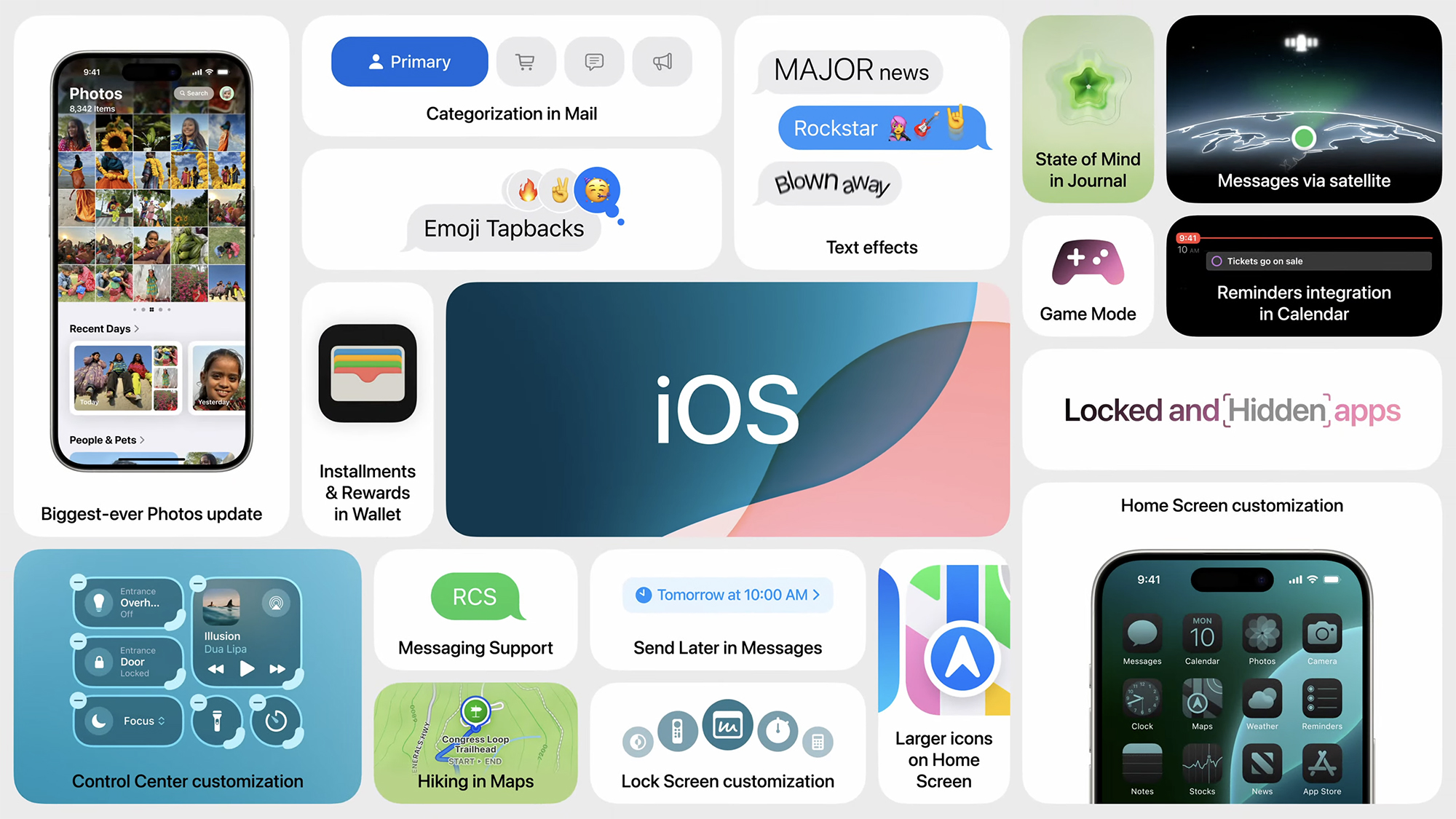
The short answer is that yes, phone updates are important. New numbered iOS and Android releases tend to have band-new features in them, along with improvements to existing features, often changes to the interface, and all sorts of bug fixes.
Android 15 for example is landing later this year with ‘Private Space’ – a feature that lets you lock and hide sensitive apps, and it will likely also include a battery health percentage, Bluetooth Auracast support, and all sorts of other things.
iOS 18 meanwhile is set to give you more control over how you customize your home and lock screens, as well as the Control Center, and to add all sorts of AI features, which Apple collectively dubs Apple Intelligence.
Software updates can in some cases also improve the overall stability or efficiency of your phone (though occasionally they’ve been known to do the opposite).
And your phone will also receive security updates that patch vulnerabilities. These are less exciting, but are arguably even more important, as they help prevent your phone from getting hacked.
How long are phones updated for?
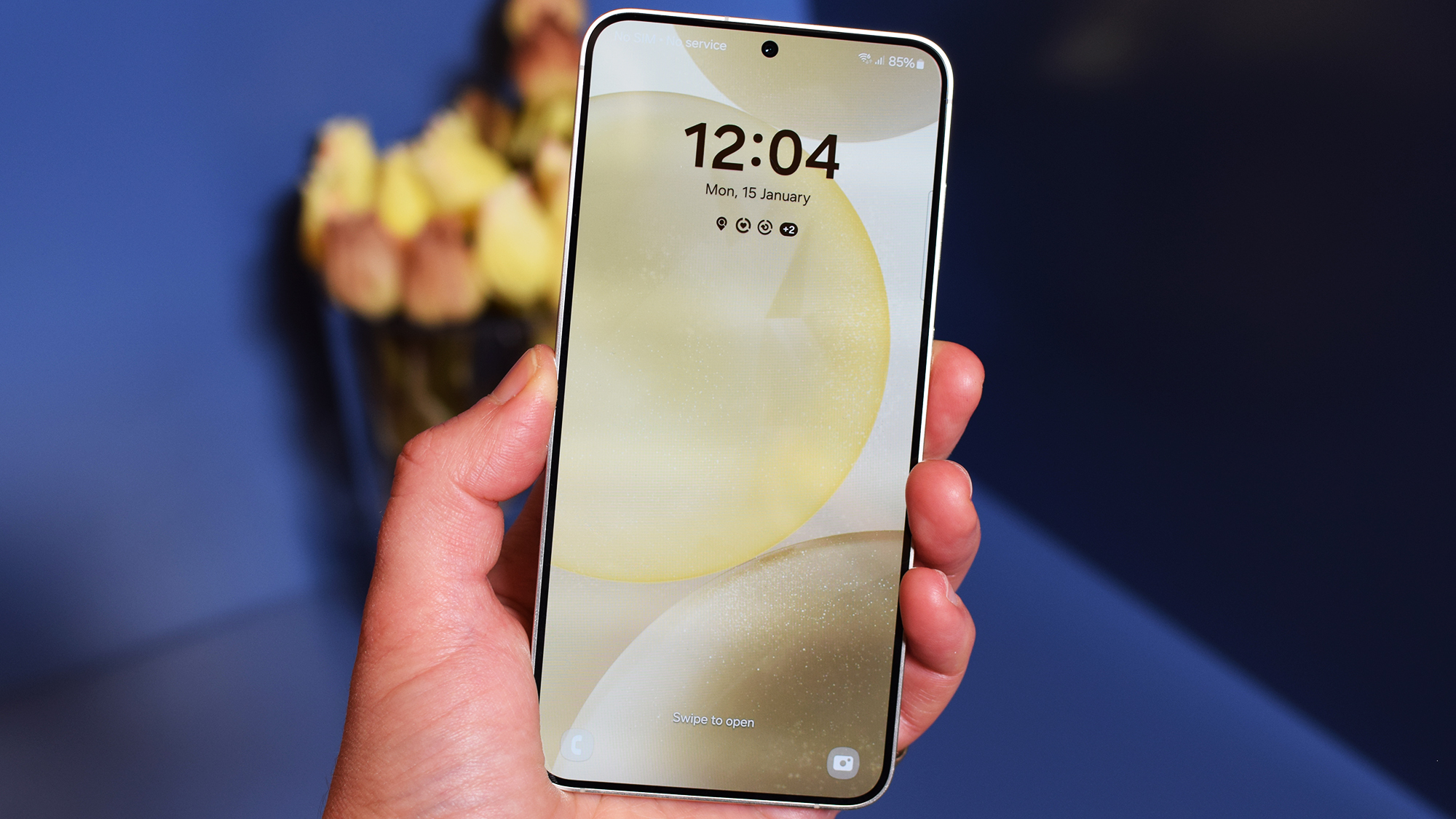
It’s only worth checking your phone for updates during the period when it’s actually being supported, and that period can vary a lot depending on your handset. At the top end, the likes of the Google Pixel 8 and the Samsung Galaxy S24 will get seven years of software updates, while iPhones typically get at least five.
Other brands sometimes offer a lot less though, with some Android makers only giving you two years of updates, or potentially even less on very cheap handsets.
In some cases though you’ll get security patches for longer than you’ll get new versions of the operating system. So even once your phone is no longer getting new features added, it might still be kept safe from threats.
You might also like
- How to use Visual Look Up on iPhone: identify pets, plants, laundry tags, and more
- How to update Android apps
- iOS 18: new features, predicted release date, and everything we know
James is a freelance phones, tablets and wearables writer and sub-editor at TechRadar. He has a love for everything ‘smart’, from watches to lights, and can often be found arguing with AI assistants or drowning in the latest apps. James also contributes to 3G.co.uk, 4G.co.uk and 5G.co.uk and has written for T3, Digital Camera World, Clarity Media and others, with work on the web, in print and on TV.